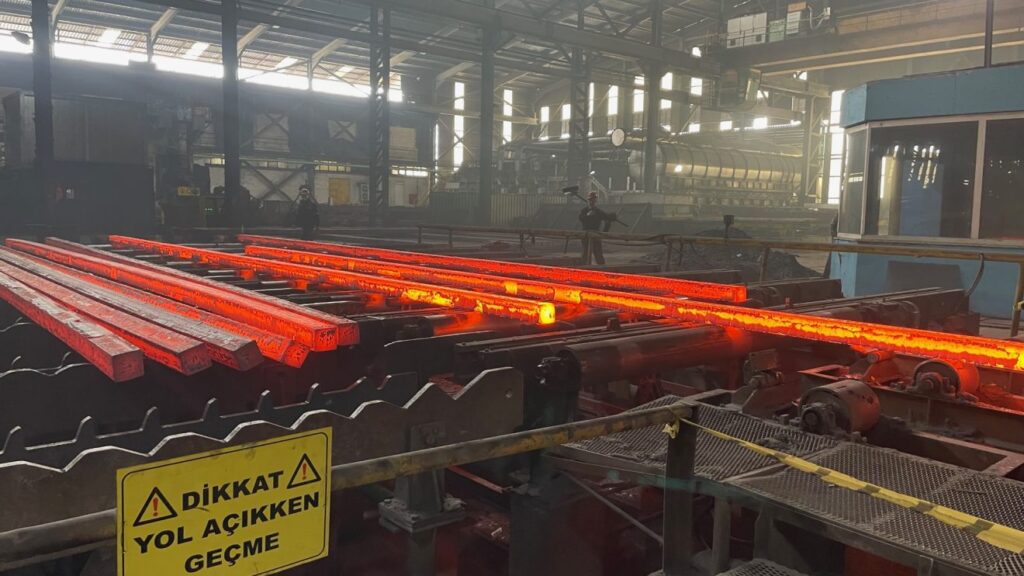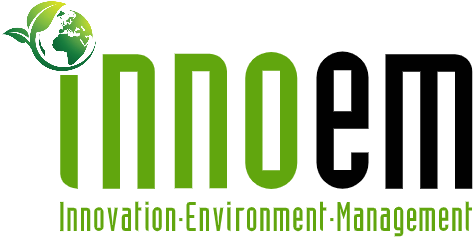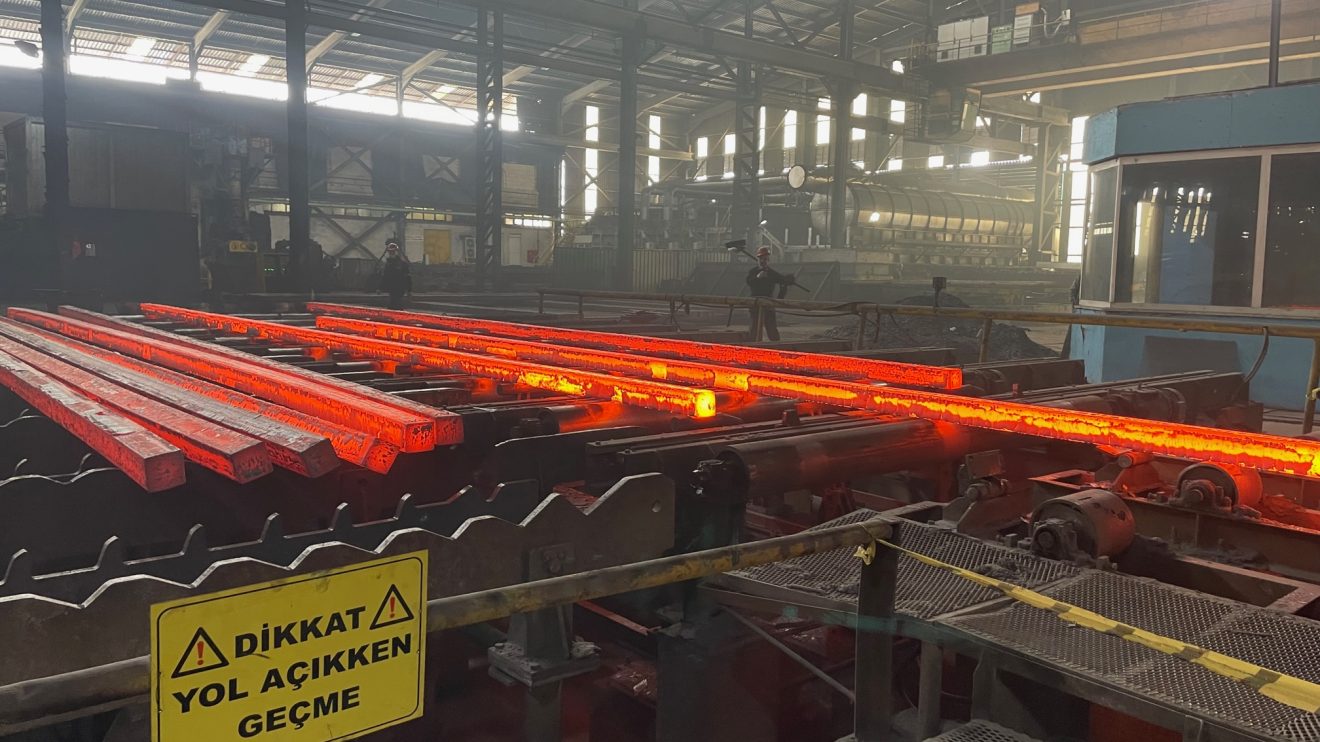
According to the report that examines the steel industry in terms of its greenhouse gas emissions, the sector is responsible for approximately 7% of Turkey’s energy consumption and about 22% of energy consumption within the industrial sector.
In line with Turkey’s “2053 Net Zero” target, a successful and equitable transition is needed, not only in the electricity sector but also in emission-intensive sectors known as heavy industry, such as steel, cement, chemicals, and fertilizers. With this aim in mind, the latest study from the Istanbul Policy Center (IPC), titled “Decarbonization of the Turkish Steel Sector: Current Status,” aims to provide essential information and indicators for stakeholders interested in contributing to the decarbonization efforts of high-emission sectors, including steel production. This report is the first of its kind in Turkey to calculate the total emissions of the raw steel production sector on a plant-by-plant basis.
Emissions from Steel Production: Coal and Gas Sources
The report highlights that steel facilities require significant amounts of energy, regardless of the production method, to achieve high temperatures and continuous operation. It emphasizes that the primary sources of energy used most intensively during the production of liquid steel and final products, regardless of the production method, are coal, grid electricity, and fossil gas.
Including both facilities involved in raw steel production and those producing final steel products, the steel sector is responsible for approximately 7% of Turkey’s energy consumption and about 22% of energy consumption within the industrial sector. The sector contributes 7% of the country’s total emissions, amounting to 40 million tons of emissions.
The report also includes findings regarding the energy consumption of these facilities. Integrated plants obtain approximately 90% of the energy needed for steel production from coal and about 7% from fossil gas. In electric arc furnace facilities, around 60% of the energy consumption comes from electricity, while 32% comes from fossil gas. Integrated plants consume 9-10 times more energy per unit of production compared to other facilities. Energy efficiency in the sector is currently not at the desired level.
Turkey Ranks 7th in the World for Raw Steel Production with 41 Facilities
Steel products are used in industries such as automotive, machinery, durable goods manufacturing, infrastructure, and construction. In 2021, Turkey ranked 7th in the world for raw steel production, with 40.4 million tons, and 8th in steel consumption, with 33.4 million tons. The steel sector is a significant contributor to the Turkish economy, with an estimated export value of 25 billion USD, providing direct employment to 55,000 people and indirect employment to around 300,000.
Turkey has a total of 41 raw steel production facilities, comprising 3 integrated plants, 27 electric arc furnace plants, and 11 induction furnace plants. Over 70% of raw steel production is carried out in electric arc furnace facilities, producing long steel products mainly used in the construction sector. Integrated plants, which produce a significant portion of high-quality flat steel products, account for approximately 30% of production.
Decarbonization of the Steel Sector as a Competitive Advantage for Turkey
Turkey largely relies on scrap steel recycling for raw steel production, which results in lower emission intensity compared to other leading steel-producing countries. However, when considering both direct and indirect emissions from raw steel production, emissions per unit of production are increasing due to the high carbon intensity of electricity production (Scope 2) and emissions related to the extraction/logistics of raw materials (Scope 3). The report suggests that if the current trajectory doesn’t change, the steel industry may lag behind in the global trend towards decarbonization.
Turkey currently lacks a long-term legal framework that defines binding reduction targets for high-emission industrial sectors. The report emphasizes the need for a comprehensive transformation that would elevate performance in areas such as occupational health and safety, air pollution, and environmental pollution. Considering the imminent implementation of the European Union’s Carbon Border Adjustment Mechanism, the report underscores that the sector must act swiftly to adapt to new market conditions encompassing the entire supply chain, potentially providing a competitive advantage for Turkey on a global scale.
Dursun Baş, Coordinator of the IPM Decarbonization of the Turkish Steel Sector Project, stated that compliance with climate, energy, and environmental legislation is now directly affecting steel trade with the EU. He reminded that steel products, which play a significant role in trade between Turkey and the EU, are covered by the “EU Carbon Border Adjustment Mechanism Regulation.” Baş stated that industry players wishing to protect their position in the European market will need to take steps such as investing in energy efficiency, improving metallurgical efficiency, transitioning away from fossil fuels, and investing in renewable energy. He also noted that support for low-carbon steel production efforts has reached its peak in many EU member states.
The editor of the report, Ümit Şahin, Coordinator of Climate Change Studies at IPC, commented, “Achieving a fair transformation in line with the ‘Net Zero’ target in Turkey requires the decarbonization of not only the electricity sector but also high-energy-intensive industrial products. Turkey is a significant exporter and consumer of high-energy-intensive industrial products. In line with the Paris Agreement and in an era where low-carbon steel production is becoming the norm worldwide, Turkey must define a roadmap for decarbonization in the industry to meet its obligations under the agreement and achieve the ‘Net Zero’ goal by 2053. This is also essential to maintain the competitive position of Turkish industry.”

